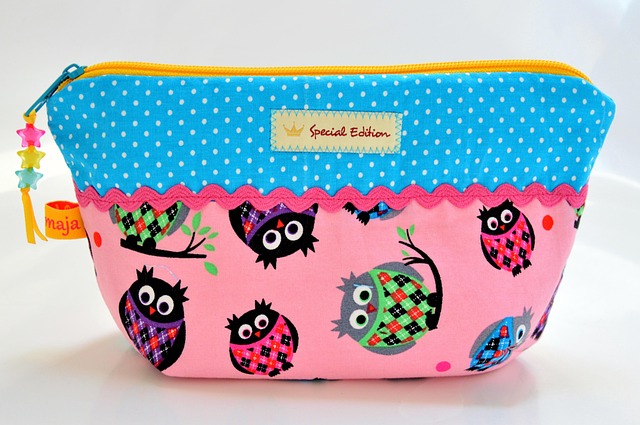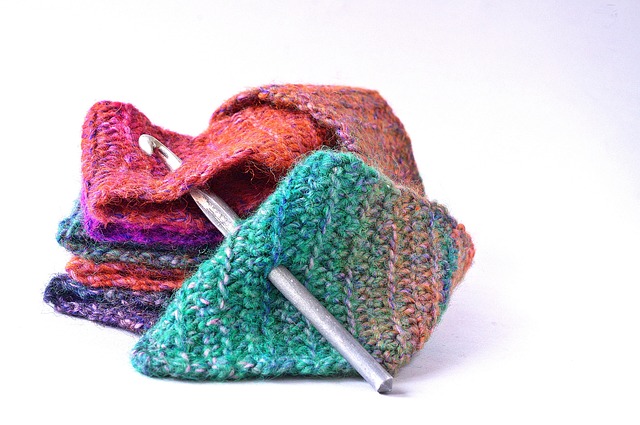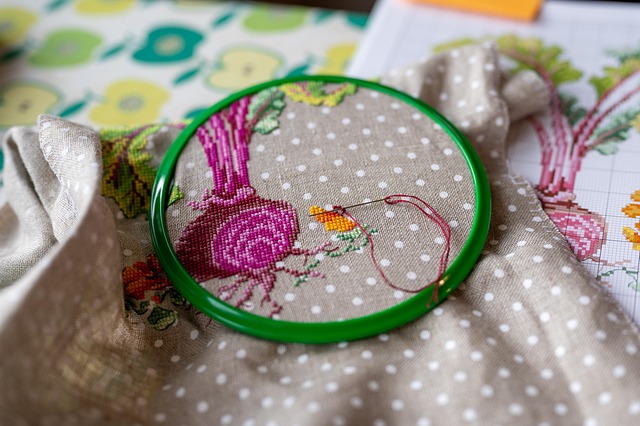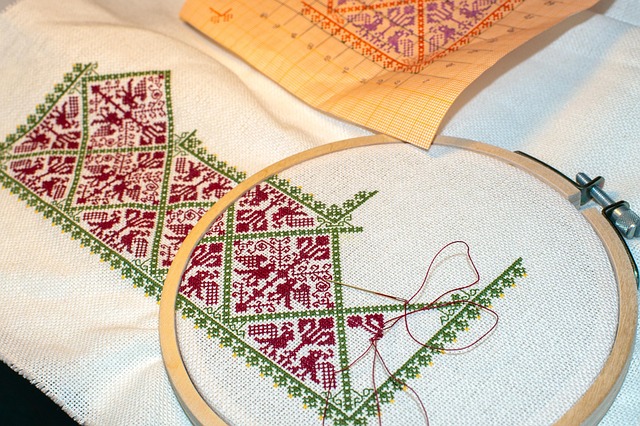Author: Laura
e-commerce template-02
eCommerce -Template 01
Natural Products Theme
Ebook protect
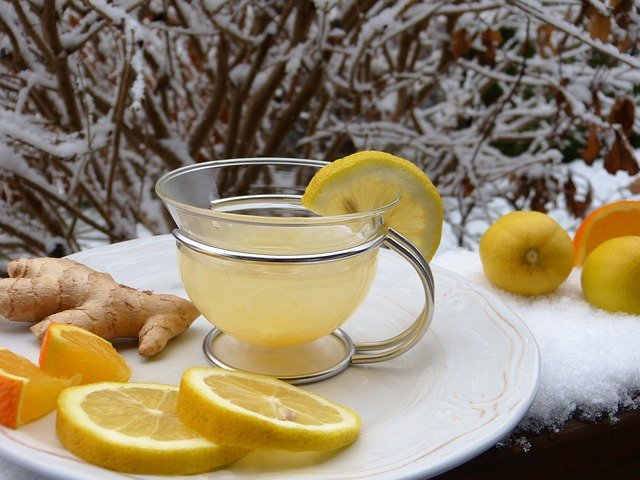
The Health Benefits Of Lemons
Lemon juice is one of my favorite juices to have first thing in the morning. I use it for allergies and when I am feeling congested. After reading an article on the health benefits of lemon juice on colds, I decided to try it. I got up each morning before I put any food in my stomach I would drink a glass of hot lemonade with no sugar. After a couple of weeks, I noticed the improvement the congestion in my chest started clearing up naturally. Now I use hot lemon teas every time I feel a cold coming on or when my allergies start acting up. So, what is so amazing about lemons?
Lemon fruit (Citrus limon) is one of the most widely consumed fruits, either directly or used in soft drinks, alcoholic drinks, and cooking. Lemons are rich in citric acid, vitamin C, and polyphenols.
Brief history:
The true origin of lemons is not entirely known. They are thought to have originated in north-western India. It is known that lemons were introduced to southern Italy around 200 AD and have been cultivated in Egypt and Iran since 700 AD. Arabs spread lemons throughout the Mediterranean area during the early 2nd century.
Lemon contains some very real health benefits such as:
Vitamin C
Lemons are an excellent source of vitamin C, which has a wide array of benefits. Vitamin C is an antioxidant and has been known to help your skin, immune system, reduce the risk of complications from a cold or flu, and reduce inflammation in the body.
Drinking lemon water in the morning of a glass of orange juice will give you the same vitamin boost with far less sugar or calories.

Improves your cholesterol
According to the Agricultural Research Service at the U.S. Department of Agriculture, compounds in citrus fruits called citrus limonoids have protective properties against cancer. One type of limonoid, called limonin, may also help reduce cholesterol.
According to research by the U.S. Agricultural Research Service, limonin may remain in the bloodstream for up to 24 hours for some people. This means you won’t have to continuously consume lemons in order to reap the health benefits.
Energy Booster
Lemons are a natural energy booster and adding lemon juice to water packs a quick electrolyte punch. An Ohio State University study also showed lemon may enhance the mood with aromatherapy.
Improves digestion
Lemon water is a great drink for the digestive system. The high acidity in lemons stimulates the production of hydrochloric acid, which improves digestion. Lemons slow the absorption of food and help your body to break down the nutrients it needs.
How to choose lemons
Lemons can be found year-round in supermarkets; however, they are most plentiful and flavorful in the winter months. Lemons grow best in warm environments, such as California and Florida.
Choose lemons that are bright yellow with firm, smooth skin and heavy for their size. Avoid a lemon that is soft, spongy, wrinkled, or has bumpy, rough, or hard skin. Coarse, thick-skinned, and light lemons will have less juice.
Store
Store unwashed lemons at room temperature for up to 2 weeks, or in a resealable plastic bag in the refrigerator for up to 6 weeks. Leftover lemon juice can be frozen and used later.
Use
Rinse lemons thoroughly before preparing. If juicing a lemon, leave it at room temperature. To
get the most juice out of the lemon, roll between the palm of your hand and the countertop. It
takes about 6 medium lemons to get 1 cup of lemon juice. One medium lemon will give 3
tablespoons of juice and 2 to 3 teaspoons of grated peel.
Eat
Lemons are an acidy fruit that is not generally eaten as a whole fruit, but more as a zest, a garnish or to add flavor to a favorite recipe. Lemons can be used with fish and salads.
Fun Facts
- During the reign of King Louis XIV of France, Ladies used lemons to redden their lips.
- All British ships were equipped with lemons and limes to prevent the sailors from developing scurvy.
- California, Arizona, and Florida are the leading producers of lemons in the US.
- There are three main types of lemons- acidic, rough, and sweet.
- Lemon trees can grow for 150 years

GnuCash Free Accounting Software

Bookkeeping In The Gig Economy
If you make money in self-employment online in the gig economy the money you make may be taxable. Under the American Rescue Plan, changes were made to Form 1099-K reporting requirements for third-party payment networks such as Etsy and eBay, uber, and other online platforms, etc.
Generally, if your net earnings from self-employment are $400 or more, you are generally required to file a federal income tax return and pay self-employment tax (Social Security and Medicare), even if you have no other income. You must report these earnings on Schedule SE (Form 1040).
What is the Gig economy?
The gig economy is based on flexible, temporary, or freelance jobs, often involving connecting with clients or customers through an online platform. Gig work can be a great way to supplement income, try out a business idea, or become self-employed. Gig work is also referred to as a side hustle. The “gig economy” is a relatively new term for a traditional way of earning a living: being paid on a per-job basis for work performed directly for a customer.
Being hired to do a single short-term task, project, or job can be called a “gig.” This type of occasional work is part of what is now referred to as the “gig economy.” In a gig economy, large numbers of people work in part-time or temporary positions. Gig economy workers are generally classified as independent contractors, even in the corporate sector.
A Brief list of Examples of work in the gig economy is:
- Drive a car for booked rides or deliveries
- Rent out property or part of it
- Run errands or complete tasks
- Sell goods online including in Online Marketplaces
- Provide creative or professional services
- Provide other temporary, on-demand work
- Freelance work
People working in the gig economy use Digital business platforms that match workers’ services or goods with customers via apps or websites. This includes businesses that provide access to:
- Ridesharing services
- Delivery services
- Crafts and handmade item marketplaces
- On-demand labor and repair services
- Property and space rentals
Other examples of Gig platforms connecting service providers with customers, or gig workers, are too numerous to list here.
About The IRS 1099K
Gig platforms may send forms to the IRS to report payments made to you. If they do, you should receive copies of the forms by January 31. These may include:
Form 1099-K, Payment Card, and Third-Party Network Transactions
Form 1099-MISC, Miscellaneous Incomes
You must report income earned from the gig economy on a tax return, even if the income is:
Not reported on an information return form—like a Form 1099-K, 1099-MISC,
Form 1099K general reports your gross income earned and does not take into account your deductions, that is where good bookkeeping records come in.
Your Responsibility:
You are responsible for good bookkeeping records that track your business income and expenses. Keeping track of your expenses lowers your tax obligation. It can also show the progress of your business and if it is profitable.
Taxes You Will Be Responsible For:
Federal Self-Employment Tax
Self-employment tax (SE tax) is a social security and Medicare tax primarily for individuals who work for themselves. Your payments of SE tax contribute to your coverage under the social security system. Social security coverage provides you with retirement benefits, disability benefits, survivor benefits, and hospital insurance (Medicare) benefits.
ESTIMATED TAXES
Taxes must be paid as you earn or receive income during the year, either through withholding or estimated tax payments. If you are in business for yourself, you generally need to make estimated tax payments. Estimated tax is used to pay not only income tax but other taxes such as self-employment tax and alternative minimum tax.
If you do gig work as an employee, your employer should withhold tax from your paycheck. If you do gig work as an independent contractor, you may have to pay estimated taxes. If you are unsure if you are an employee or an independent contractor ask. If you have a regular job you may be able to avoid making estimated tax payments on your gig income by requesting your employer withhold more tax from your employee paycheck.
If you don’t pay enough tax through withholding and estimated tax payments, you may be charged a penalty. You also may be charged a penalty if your estimated tax payments are late, even if you are due a refund when you file your tax return.
PAYING ESTIMATED TAXES
As a general rule in most cases, you must pay the estimated tax if both of the following apply.
You expect to owe at least $1,000 in tax after subtracting your withholding and refundable credits.
You expect your withholding and refundable credits to be less than the smaller of:
a. 90% of the tax to be shown on your tax return, or
b. 100% of the tax shown on your tax return.
Your tax return must cover all 12 months.
Estimated tax payments are due four times a year:
April 15 for payment period January 1–March 31
June 15 for payment period April 1–May 31
September 15 for payment period June 1–August 31
January 15 for payment period September 1–December 31
State Business Taxes
You are also required to file annual state tax returns for your business with the State Revenue Office. Your state income tax obligations are determined by your business structure. For example, corporations are taxed separately from the owners, while sole proprietors report their personal and business income taxes using the same form.
If your business has employees, you’ll be responsible for paying state employment taxes. These vary by state but often include workers’ compensation insurance, unemployment insurance taxes, and temporary disability insurance. You might also be responsible for withholding employee income tax. Check with your state tax authority to find out how much you need to withhold and when you need to send it to the state.
Local Business Taxes
Depending on your business location and local city requirements, a local city tax return and a business privilege tax may apply. Check with your local city clerk’s office for full details on their tax requirements for small businesses doing business in the city where your business resides.
Audacity

Audacity is a free and open-source digital audio editor and recording application software, available for Windows, macOS, Linux, and other Unix-like operating systems. Audacity won the SourceForge 2007 and 2009 Community Choice Awards for Best Project for Multimedia. Audacity is licensed under GPLv2 or any later version.
The interface is translated into many languages. You can use Audacity to:,•Record live audio., •Record computer playback on any Windows Vista or later machine., •Convert tapes and records into digital recordings or CDs., •Edit WAV, AIFF, FLAC, MP2, MP3, or Ogg Vorbis sound files., •Cut, copy, splice, or mix sounds together. •Change the speed or pitch of a recording.
In addition to recording audio from multiple sources, Audacity can be used for post-processing all types of audio by adding effects such as normalization, trimming, and fading in and out. Audacity has also been used to record and mix entire albums, such as by Tune-Yards. It is also currently used in the UK OCR National Level 2 ICT course for the sound creation unit.
Audacity’s features include:
- Recording and playing back sounds
- Scrubbing (Version 2.1.1 and later)
- Timer Record enables the user to schedule when a recording begins and ends to make an unattended recording.
- MIDI playback is available (from version 2.2.0 onwards)
- Punch and Roll recording – for editing on the fly (from version 2.3.0 onwards)
- Editing
- via cut, copy, and paste, with unlimited levels of undo
- Features of modern multitrack audio software including navigation controls, zoom, and single track edit, project pane and XY project navigation, non-destructive and destructive effect processing, audio file manipulation (cut, copy, paste)
- Amplitude envelope editing
- Precise adjustments to the audio speed (tempo) while maintaining pitch in order to synchronize it with video or run for a predetermined length of time
- Conversion of cassette tapes or records into digital tracks by splitting the audio source into multiple tracks based on silences in the source material
- Cross-platform operation — Audacity works on Windows, macOS, and other Unix-like systems (including Linux and BSD)
- Audacity uses the wxWidgets software library to provide a similar graphical user interface on several different operating systems.
- A large array of digital effects and plug-ins. Additional effects can be written with Nyquist, a Lisp dialect.
- Built-in LADSPA, VST(32-bit), and Nyquist plug-in support.
- Noise Reduction based on sampling the noise to be minimized.
- Vocal Reduction and Isolation for the creation of karaoke tracks and isolated vocal tracks.
- Adjusting audio pitch while maintaining speed and adjusting audio speed while maintaining pitch
- LADSPA, VST (32-bit) and Audio Unit (macOS) effects now support real-time preview (from version 2.1.0 onwards). Note: Real-time preview does not yet support latency compensation.
- Saving and loading of user preset for effect settings across sessions (from 2.1.0 onwards).
- Multitrack mixing
- Support for multi-channel modes with sampling rates up to 96 kHz with 32 bits per sample.
- Audio spectrum analysis using the Fourier transform algorithm
- Importing and exporting of WAV, AIFF, MP3 (via the LAME encoder, now integrated as part of Audacity), Ogg Vorbis, and all file formats supported by libsndfile library. Versions 1.3.2 and later supported Free Lossless Audio Codec (FLAC). Version 1.3.6 and later also supported additional formats such as WMA, AAC, AMR, and AC3 via the optional FFmpeg library.
- Detection of dropout errors while recording with an overburdened CPU
- From 2.3.2 onwards, the mod-script-pipe for driving Audacity from Python now comes with Audacity and it can be enabled via preferences.
- A full downloadable manual. (or available online without downloading).
- Four user-selectable themes enable the user to choose their preferred look and feel for the application (version 2.2.0 and later)
- Four user-selectable colorways for waveform display in audio tracks (version 2.2.1 and later).
Audacity supports the LV2 open standard for plugins and can therefore load software like Calf Studio Gear.
Audacity’s 3.0 update, in March 2021, introduced a new project file format, .aup3, using SQLite database to store everything.
Limitations
Audacity supports only 32-bit or 64-bit VST audio effect plug-ins, depending on which architecture it was built for, but not both at the same time. It is built-in 32-bit for Windows and 64-bit for macOS.
It does not support instrument VST (VSTi) plugins.
Audacity lacks dynamic equalizer controls and real time effects while recording.
Audacity does not natively import or export WMA, AAC, AC3, or most other proprietary or restricted file formats; rather, an optional FFmpeg library is required.
AVG AntiVirus

Microsoft’s built-in Windows Defender protects Windows consumers from most malware, spyware, and viruses. There are a few free good virus protection programs available online. The free one I like to use is AVG. AVG AntiVirus FREE is super lightweight software that won’t affect your PC’s performance or speed.
AVG AntiVirus free version of the software is a single anti-malware package that lets you protect an UNLIMITED number of Windows and Mac computers, as well as Android phones/tablets, from one easy-to-use dashboard. It’s also Zen-enabled, which means you can now extend your protection to your entire family and all their devices.
AVG features most of the common functions available in modern antivirus and Internet security programs, including periodic scans, scans of sent and received emails (including adding footers to the emails indicating this), the ability to repair some virus-infected files, and a quarantine area (virus vault) in which infected files are held.


































